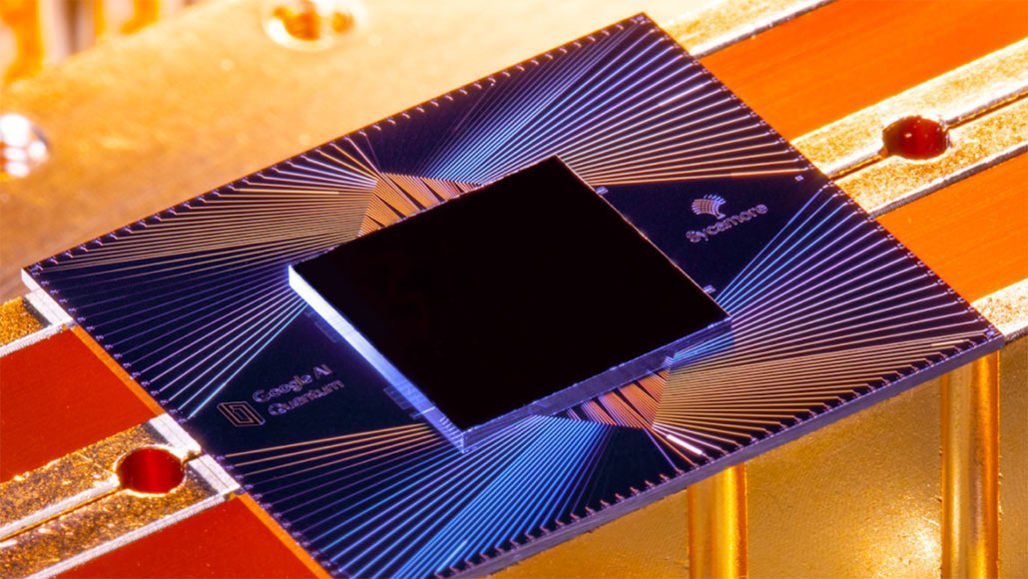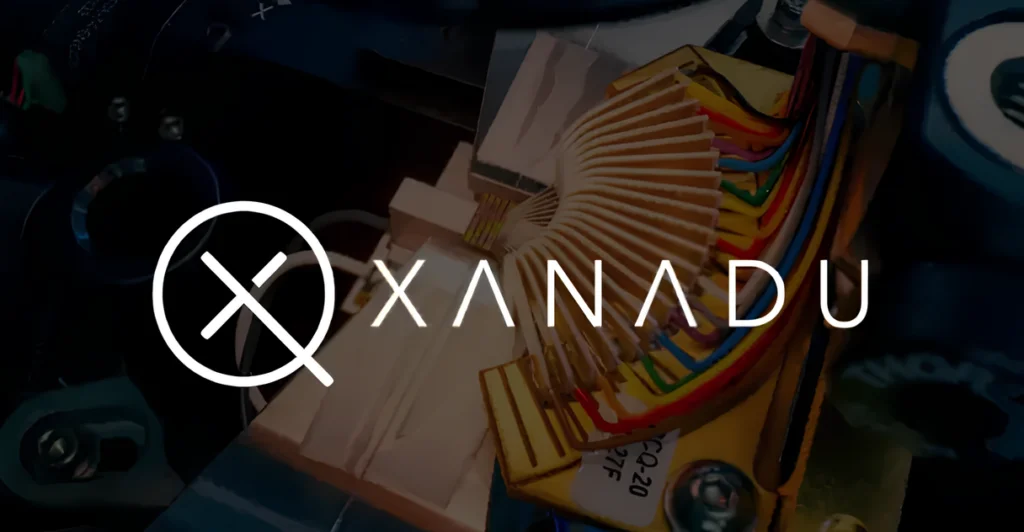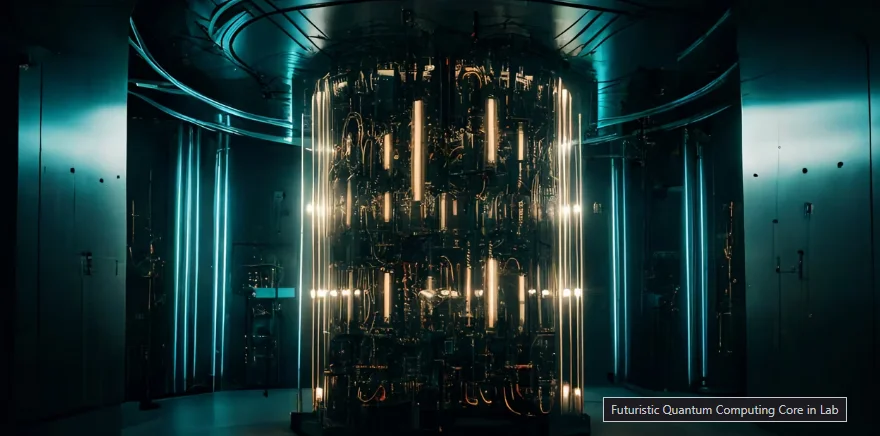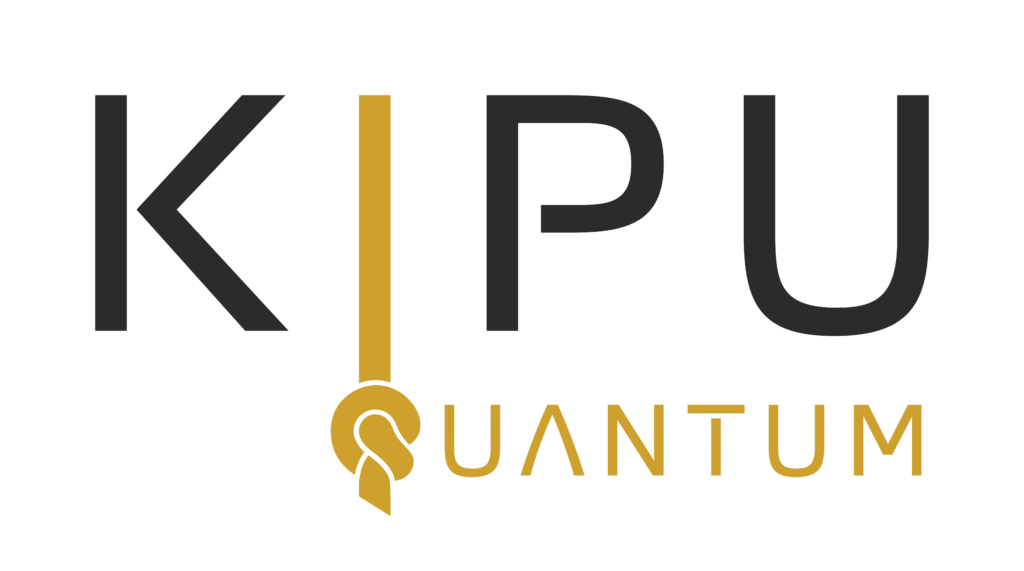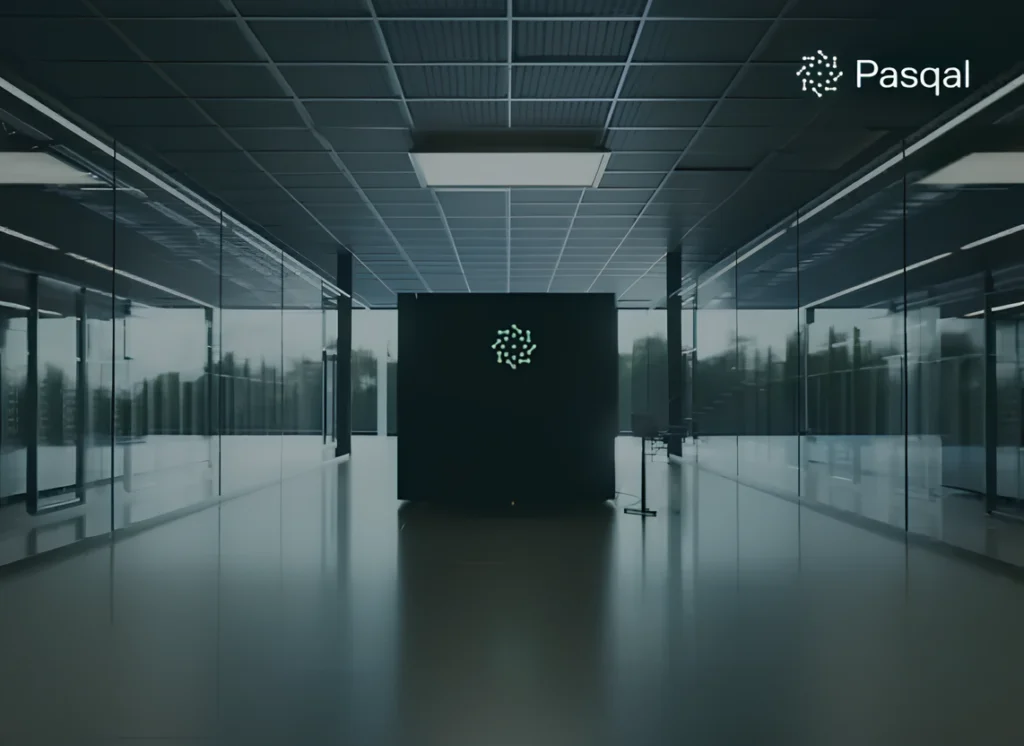Although the notion of quantum supremacy is still being debated, researchers, including Google scientists, officially released their paper in Nature describing how they may have achieved quantum computing’s holy grail.
Google’s CEO Sundar Pichai sounded cautiously optimistic in comments about the paper that describes how scientists using Google’s 53-bit quantum computer, named Sycamore, took 200 seconds to perform a calculation that would have taken the world’s fastest supercomputer 10,000 years. He sees practical applications for quantum computing within a decade.
In an interview with MIT’s Technology Review, Pichai likened the performance of Sycamore to the Wright Brothers’ first flight and expects more time and better technology to create a quantum computer that can achieve quantum supremacy in general fields, not just at a narrow task.vHe speculated on what it would take to achieve a quantum version of the leap from Kitty Hawk to the Stealth bomber.
“You would need to build a fault-tolerant quantum computer with more qubits so that you can generalize it better, execute it for longer periods of time, and hence be able to run more complex algorithms,” said Pichai. “But you know, if in any field you have a breakthrough, you start somewhere. To borrow an analogy—the Wright brothers. The first plane flew only for 12 seconds, and so there is no practical application of that. But it showed the possibility that a plane could fly.”

In the paper, researchers hint that they’re not too far away from coming up with practical applications for the type of quantum processing power demonstrated in their study, commenting “we’re only one creative algorithm away from valuable near-term applications.”
Pichai added the possibilities of quantum computing could reveal the quantum operations that are behind nature, as well as better drug discovery and other benefits.
“The real excitement about quantum is that the universe fundamentally works in a quantum way, so you will be able to understand nature better,” he said. “It’s early days, but where quantum mechanics shines is the ability to simulate molecules, molecular processes, and I think that is where it will be the strongest. Drug discovery is a great example. Or fertilizers—the Haber process produces 2% of carbon [emissions] in the world. In nature the same process gets done more efficiently.”
To get there, Pichai said better quantum computers and the ability to scale up the machines could lead to practical applications, like understanding the Haber process, relatively soon.
“I would think a decade away,” said Pichai. “We are still a few years away from scaling up and building quantum computers that will work well enough. Other potential applications [could include] designing better batteries. Anyway, you’re dealing with chemistry. Trying to understand that better is where I would put my money on.”
The CEO also sees the combination of artificial intelligence and quantum computing as locked into ever-increasing computing race to the top.
“I think it’ll be a very powerful symbiotic thing,” said Pichai. “Both fields are in early phases. There is exciting work in AI in terms of building larger models, more generalizable models, and what kind of computing resources you need to get there. I think AI can accelerate quantum computing and quantum computing can accelerate AI and collectively, I think it’s what we would need to, down the line, solves some of the most intractable problems we face, like climate change.”
Commenting on IBM’s swipe at Google’s label of the study as an example of quantum supremacy, Pichai swiped back, adding, “My answer on that would be, it is a technical term of art. People in the community understand exactly what the milestone means.”

